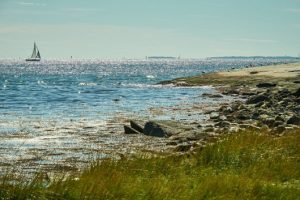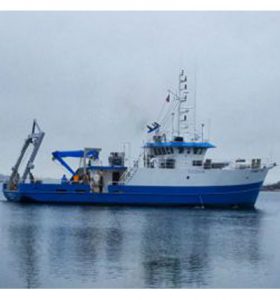Marine Knowledge is Power: Predicting Ocean Resources for Coastal Communities
Big ocean changes are happening, but global trends may not accurately represent what happens in coastal regions. With support from the National Center for Atmospheric Research (NCAR), UConn marine scientist Samantha Siedlecki’s research aims to help address this gap in knowledge.
Through a new NCAR program launching this summer, Siedlecki will couple global models with regionally refined systems so that coastal communities can better predict what biogeochemical changes their waters might face in the future. Her NCAR project focuses specifically on coastal biogeochemistry and health metrics relevant to marine resource management on the Northeast Atlantic shelf.
UConn Today: https://today.uconn.edu/school-stories/marine-knowledge-is-power/Twitter: https://twitter.com/UConnResearch/status/1131164302327595009LinkedIn: https://www.linkedin.com/feed/update/urn:li:activity:6536935526912573441

